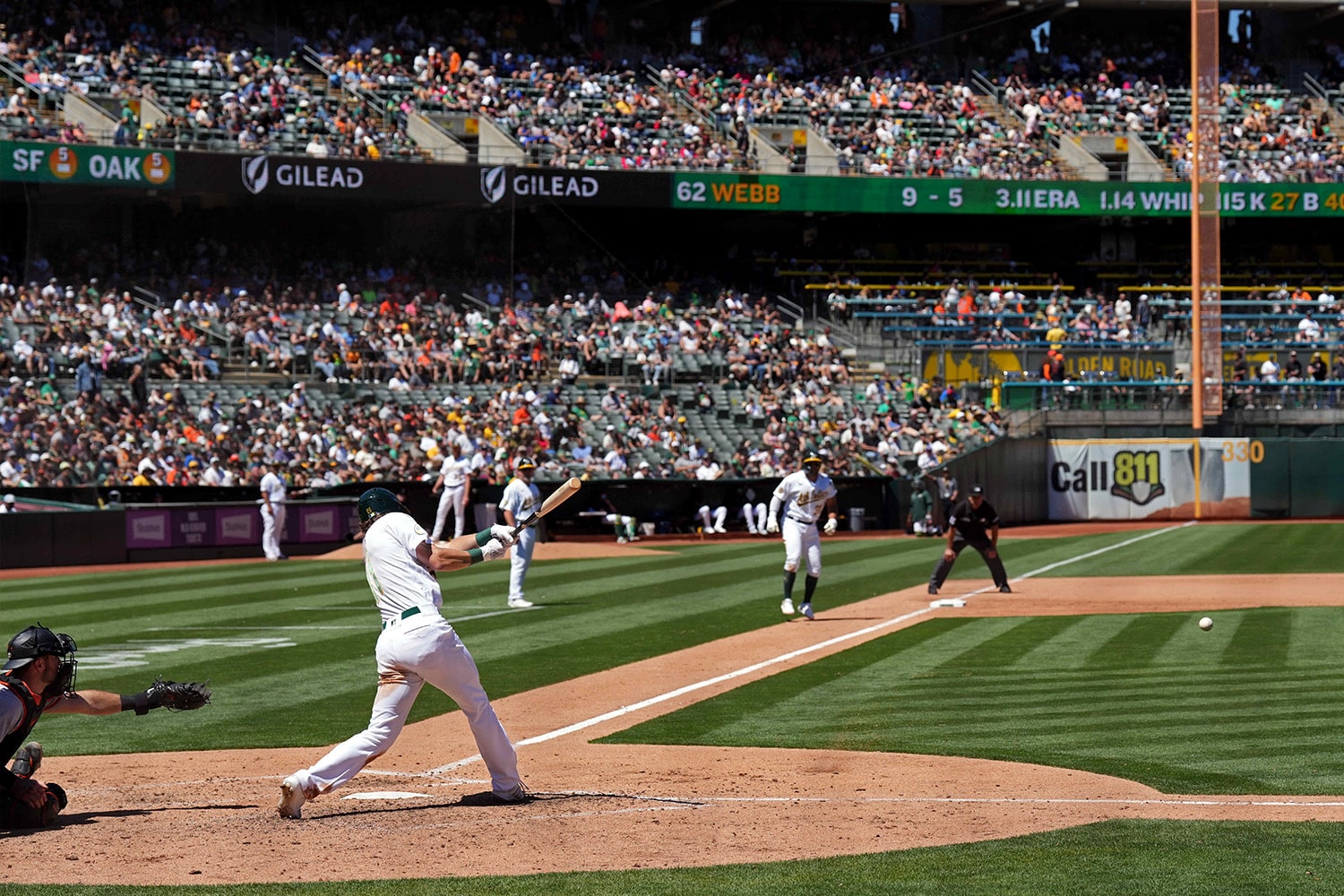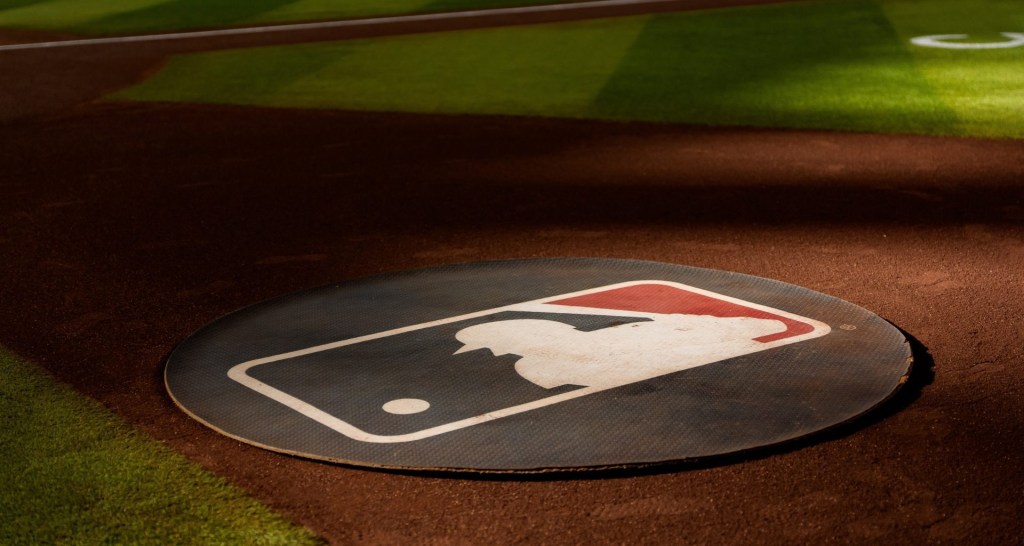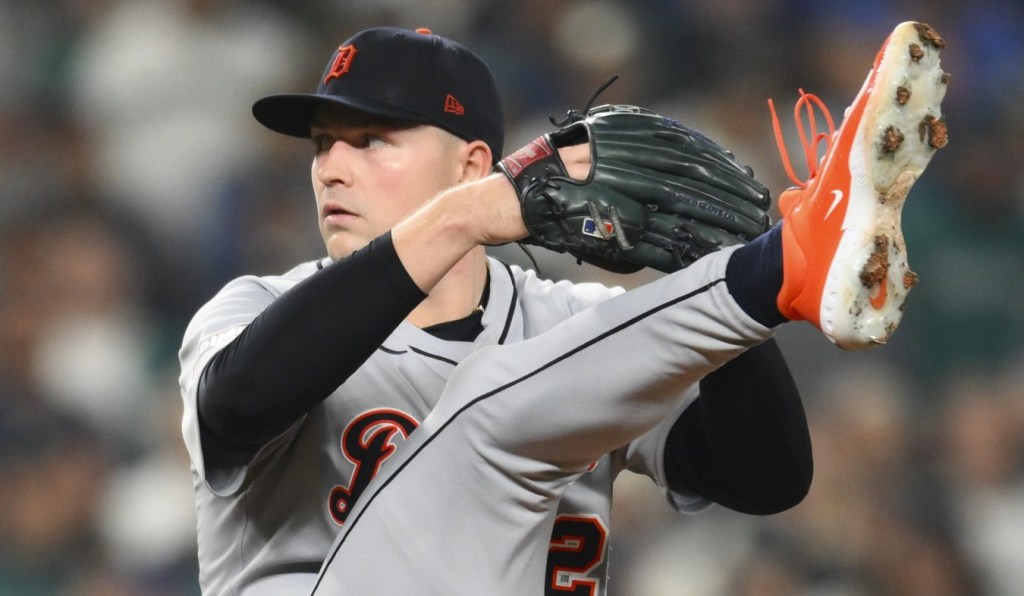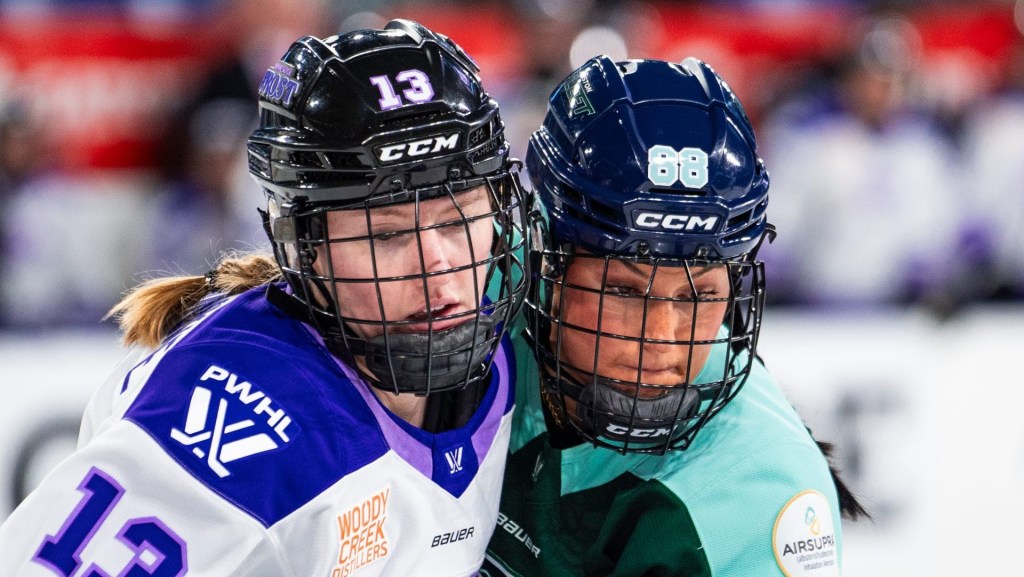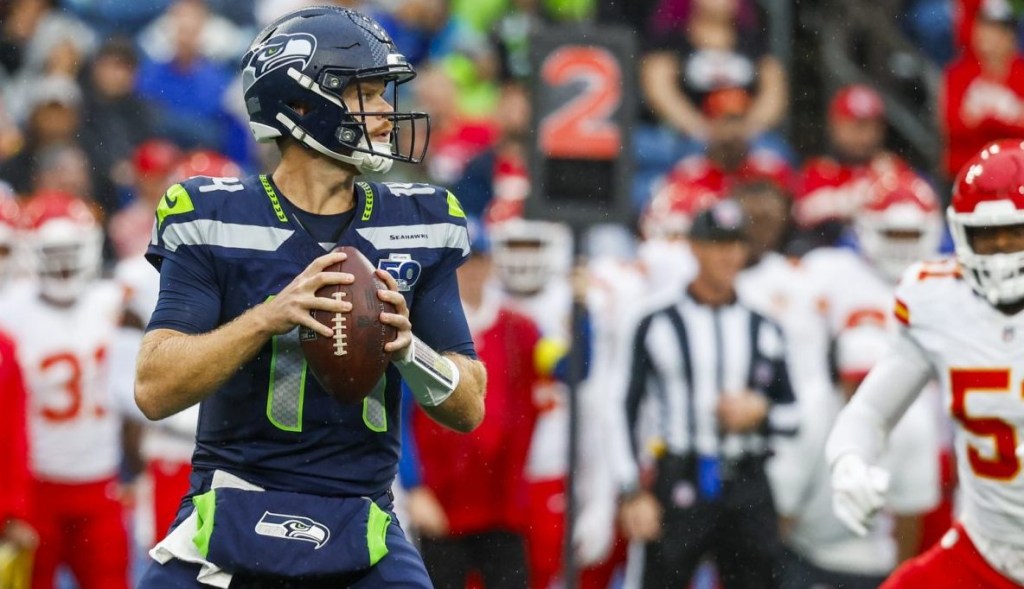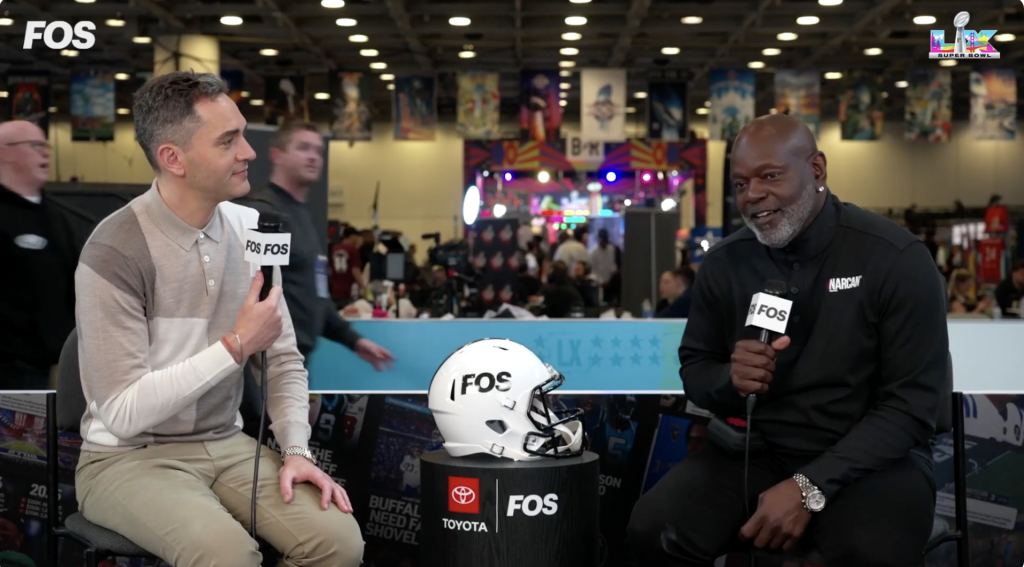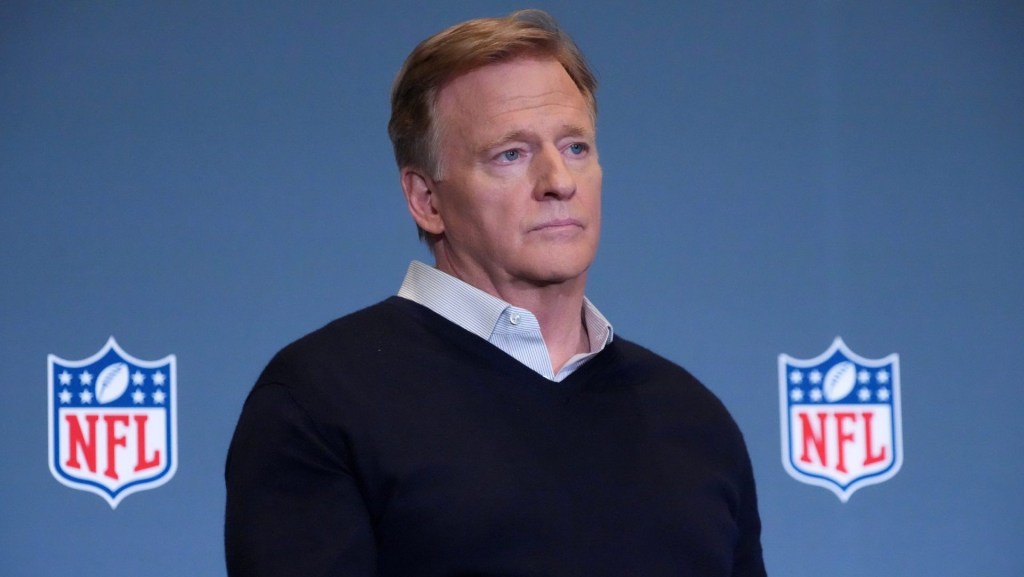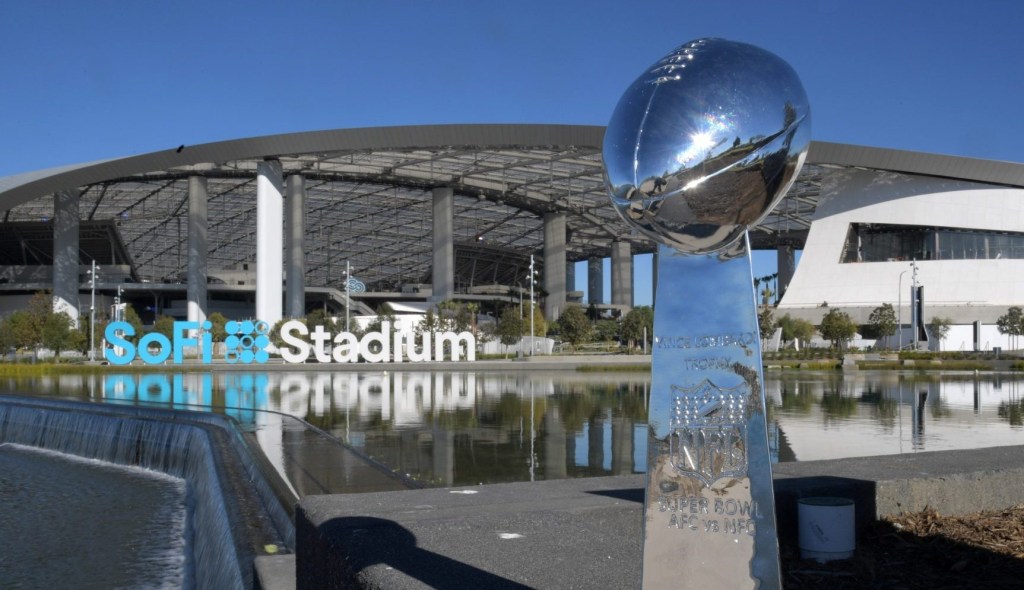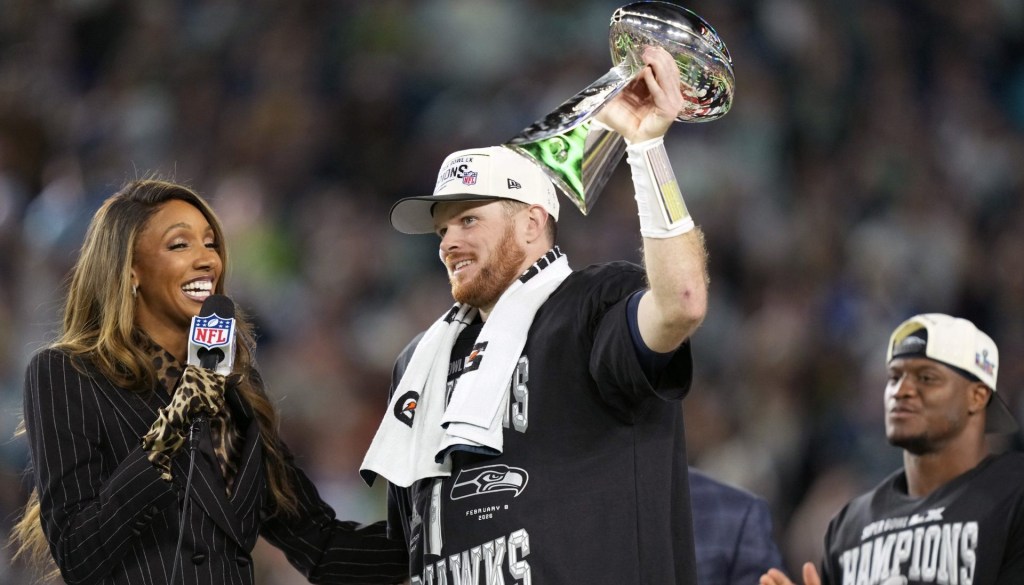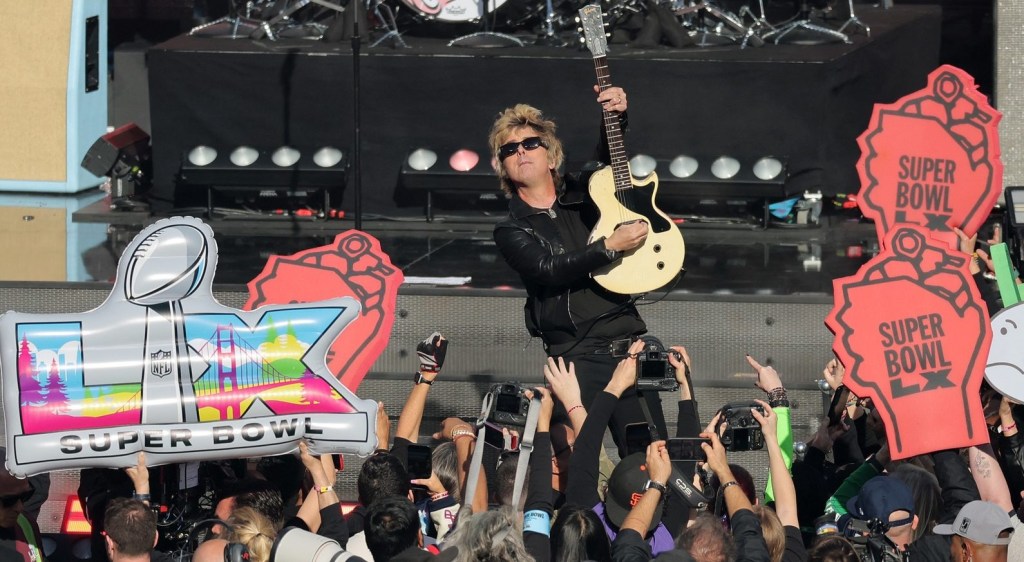Major League Baseball is at odds with the three true outcomes: walks, strikeouts, and home runs.
The three plays do not involve the defense, and thus avoid the chaos of baserunning, throws, tags, and the like. Baseball needs that chaos to generate excitement and compete in a media ecosystem that is inhospitable to slow entertainment.
So, MLB has limited defensive shifts, giving hitters a better chance at grounding singles through the infield. It has made the bases a little bigger and created a cat-and-mouse game between pitchers and baserunners by limiting the number of times they can make a pickoff throw.
The league is hoping the new rules will speed up games, create more action (which proved successful on Opening Day), and reverse its slide in television ratings, which were very positive in spring training.
But the rules could also impact the way teams are constructed, and whether we will see more parity with respect to spending and winning.
Twenty years ago, the Oakland A’s capitalized on market inefficiencies and found a way to compete with the richest clubs.
The speedy, new-look action that will unfold this season just might start the next front-office arms race, redefining not only the values of the various skills possessed by pitchers and hitters, but also what makes a winning, efficient team.
Turning Back the Clock
Before there was Moneyball, there was “small ball.”
It seems quaint now, but it was considered a viable, even preferable approach to baseball up until the 1990s. Contact hitting, speedy runners, hit-and-runs, bunting — no need to overpower an opponent when you can poke and prod, finding weaknesses to exploit.
The lumbering slugger who came up looking to club home runs but often ended up striking out seemed oafish and inelegant. A good lineup, it was thought, could hold one or two, but otherwise, you were trying to sculpt using a sledgehammer.
Then along came Oakland A’s executive Billy Beane and his knack for finding undervalued talent — which Michael Lewis detailed in his literally game-changing book “Moneyball” — and the script flipped. The oafs won.
Oakland’s winning formula started with a scrutinizing look at small ball. Weak contact? Overrated. Strikeouts? No worse than a pop fly. Stolen bases? Not worth it unless you rarely get caught. Defense? Too hard to quantify to pay for. Walks? Egregiously undervalued. And power? You can’t get enough.
The prototypical Moneyball player walked a lot and hit home runs, and because those things involved taking pitches and swinging hard, they often struck out, too. Three true outcomes and a surprising amount of winning.
That blueprint has been modified over the years, but the basic conclusion remained: A player’s ability to get on base and hit for power is the core of their offensive abilities.
Of course, the scrutiny of quantifiable skills inspired by Moneyball has had many other effects.
Strikeout rates soared. In 2002, the year before “Moneyball” came out, 24% of outs came via strikeout. That rate ticked up steadily over the next two decades, hitting 31.5% last year — or nearly once on average each half-inning.
Fastball velocity has followed a similar arc, sitting at 91.1 miles per hour on average in 2007 (the first year with broad tracking data) but climbing to 93.9 miles per hour last season.
Stolen bases, which topped 3,000 league-wide in nearly every non-strike season in the ‘80s and ‘90s, haven’t hit 2,500 in the last five years.
But the most glaring sign was that batting average — once the most prized of all hitting statistics — dropped to .243 last year, its lowest point since 1968.
A Whole New Ballgame
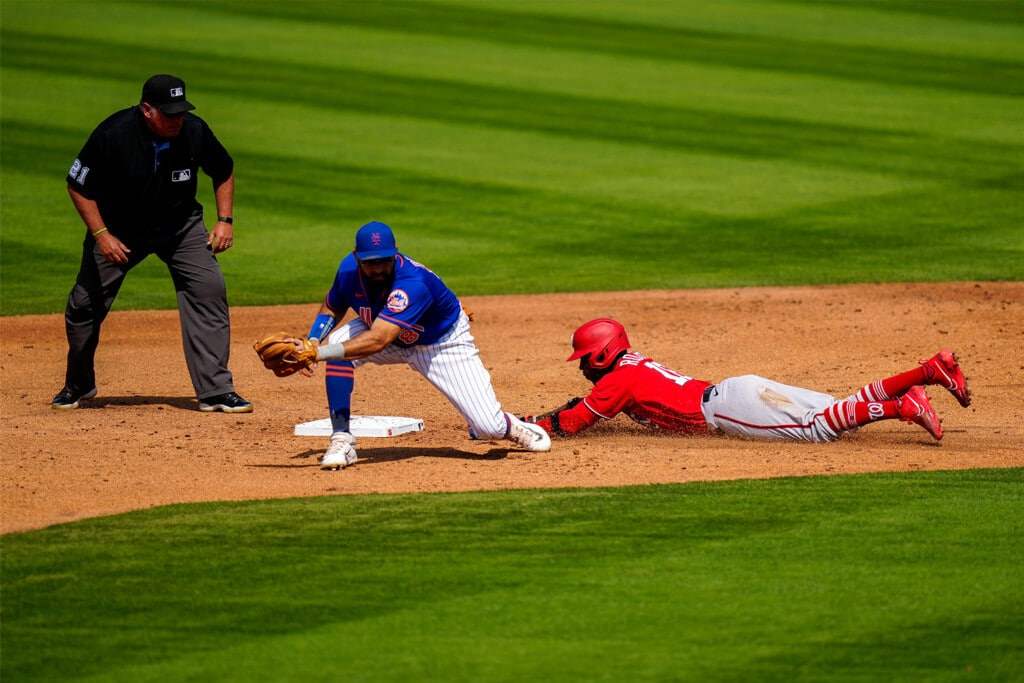
With its new rules, MLB has created an environment that fosters singles and steals, but it has further encouraged a market bent on strikeouts and power.
Strikeout pitchers and home run hitters are always at a premium, but they’re also the two most unaffected by rule changes. They prevent the ball from being put in play, or they put it out of play.
The question is how the market will adjust for everything between those margins. If the bases are bigger to encourage steals, then speed, pickoff success, pitchers’ clock management, and caught-stealing rate will be more valuable than ever.
And the returns from spring training point in the direction of those needs: Stolen base attempts rose from 1.6 to 2.3 per game from spring training 2022, and runner success rate climbed from 71% to 77%, according to SB Nation. On Opening Day, MLB’s 30 teams combined for 21 steals, compared to six across each team’s first game last year.
If infielders are stuck on the infield dirt and can’t overload one side, then contact regardless of batting average — or direction — will become more significant. Balls in play would produce more seeing-eye singles and bloopers.
“It will put an incentive out there for pull hitters,” The Athletic national writer Eno Sarris said on the Front Office Sports Today podcast. “Lefty pull hitters in particular, you used to have a penalty … they could get shifted, and they would lose some effectiveness on singles. So if that’s back, then the lefty pull hitter is back, and that runs counter to what baseball wants.”
Hitters pull the ball for more power, so a rule change designed to add singles could allow more home runs to tailgate.
Uncertainty Rules
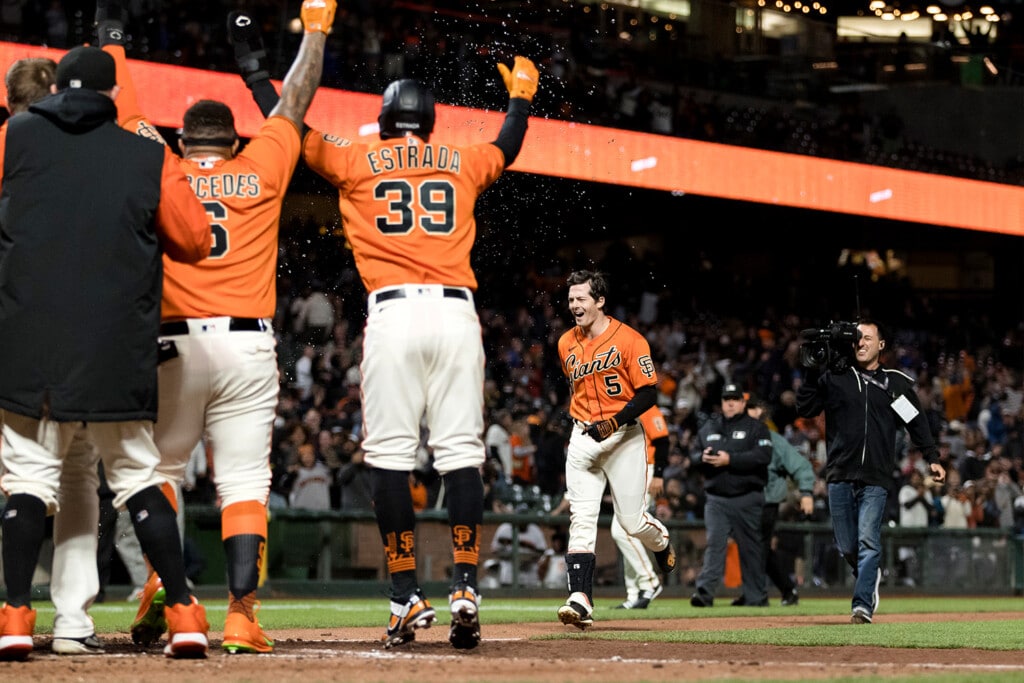
The biggest factor in suppressing batting average and offense in the last two decades was not the shift or more cautious baserunning, but the rise in strikeouts.
As strikeout rates rose, league on-base percentage plummeted from .333 as recently as 2009 to .312 last year. The percentage of baserunners who come around to score has slowly ticked downward in that span.
“The way the shift rules are going to affect baseball is not going to be obvious just sitting and watching one game,” Sarris noted. “It’s not going to be that obvious even on the single-player level, because you’re talking about adding maybe 10-15 hits to certain players.”
But when you add up all of those additional hits, “we’re going to have maybe the highest batting average on balls in play in history.”
Sarris said he spoke to one analyst who believes scoring will go up by one run per game — which would be a historic increase.
That said, it will be difficult to weight strikeouts any more than the game already does.
The market pays for Ks, and MLB will have to make even more drastic changes if it wants to shift that market.
We are headed into uncharted territory — and not every team will take the same path. Some may lean into speed, contact, and athleticism on a bet that modern small ball will work. Others might load up on sluggers, banking on the gift of extra batting average from the reduced shifting rules.
For me, the uncertainty is the best part.
Or as Sarris put it: “I love baseball when there are different ways to win.”
Hopefully, if there is a revolution in market value and team construction, parity will follow.
Of the last 10 World Series champions, only the 2015 Royals and 2017 Astros were in the bottom half of team payroll rankings. The market is primed for the next team that can unlock a store of hidden value.
